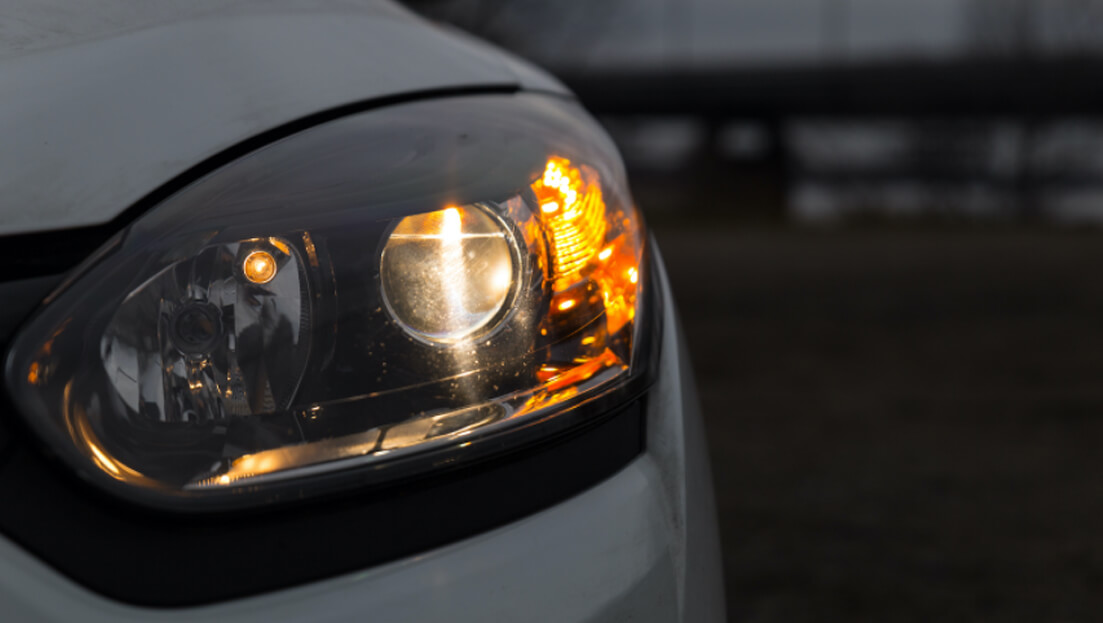Most people don’t realize it, but if you have flashing car headlights in your car, it can be very dangerous to drive at night. Flickering car lights can be caused by many things, from loose fuses and faulty wires to a faulty alternator.
It’s also a warning: if left unchecked, it could be an indicator of something much more serious, like a faulty light bulb or worse, an electrical fire.
If you see a flickering light in your car, or anywhere else, don’t just ignore it. It might not solve the problem right away, but at least it will prevent it while you’re driving down the road.
This guide will explain what causes flashing lights in a car and how to fix it without breaking the bank.
Ways To Fix Flickering Car Lights
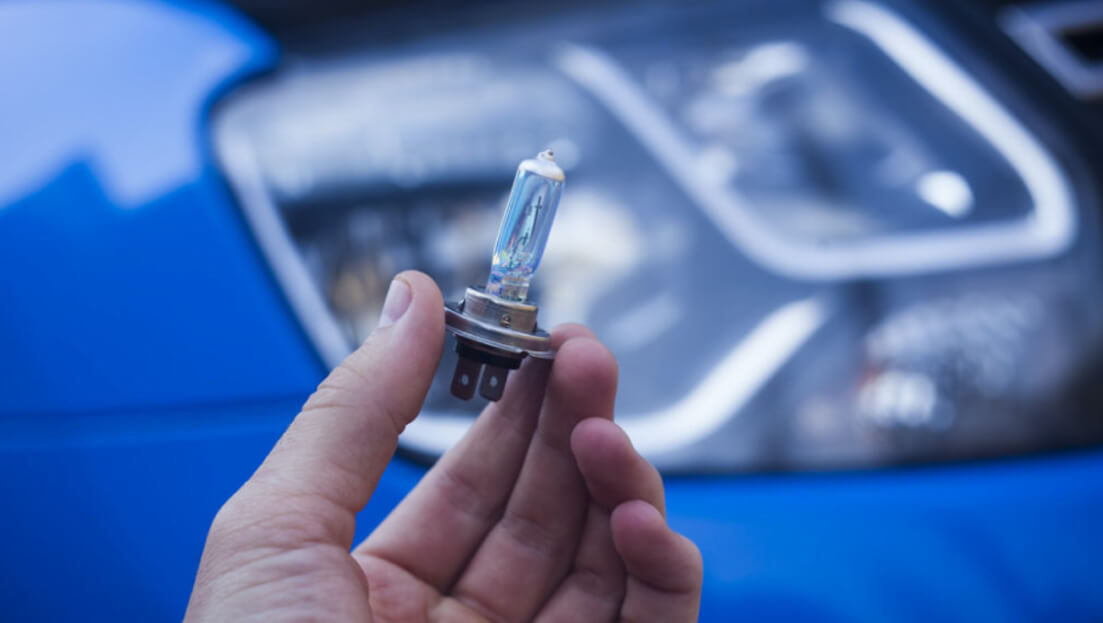
There are several possible causes for flashing lights in your car. The most common is a bad ground connection or a ground path from under your dash to your battery, so make sure you’ve eliminated that possibility before proceeding.
If not, there are other possibilities. There could be a short circuit in your electrical system, causing it to overload. It’s also possible that you have loose cable connections between components, which can often be corrected by re-soldering.
If that doesn’t work, look to replace outdated parts like old fuses. Once you know the cause, fix the problem first; then see any related issues afterward.
Causes of Flickering Car Lights
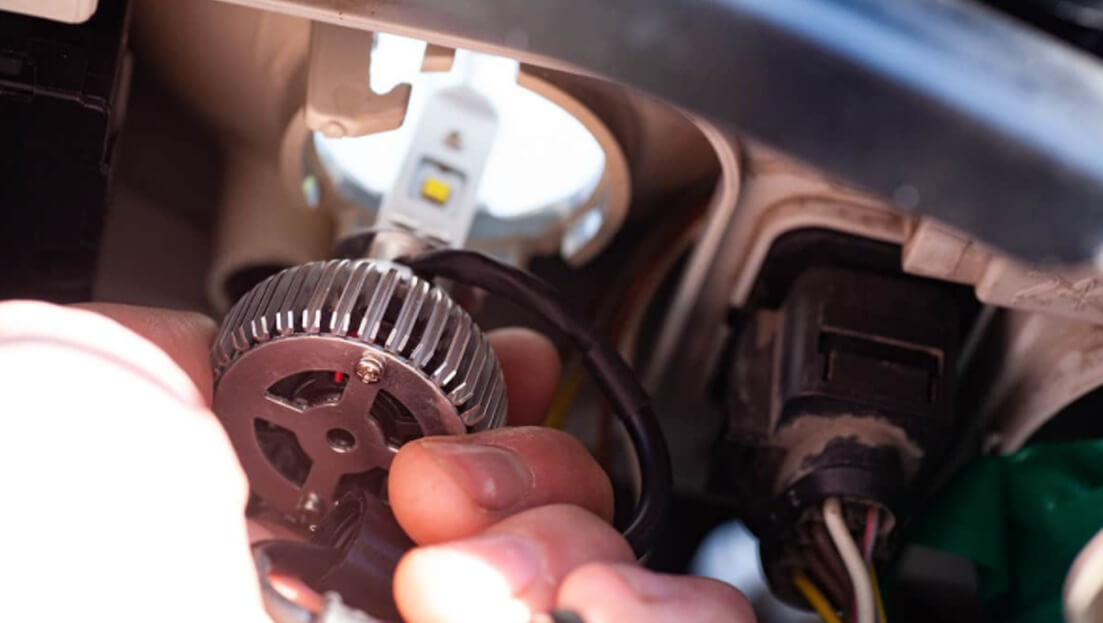
There are several different possible causes of flickering car lights in cars, but they can generally be grouped into two categories: wiring problems that affect all lights or power-related issues (such as a failing alternator) that affect specific parts of your car.
The first thing you should do is make sure there isn’t an electrical problem with your vehicle’s wiring. Take a test drive on a known good road without any traffic and see if it flickers during acceleration.
If it doesn’t blink at all, then you may have a problem with electricity. Check all of your fuses—make sure they are not blown out or cracked—and replace any bad ones with new ones if necessary.
Reposition Bulbs
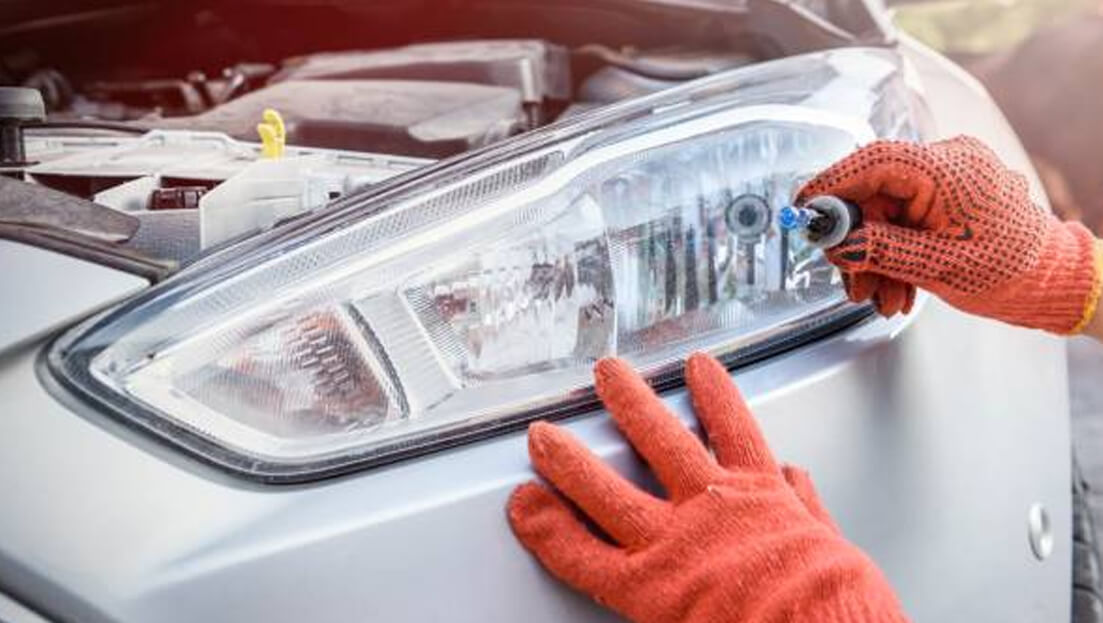
While not common, a flickering light is usually caused by a bad bulb. If you check your car lights in bulbs regularly, it’s easy enough to replace one before it becomes an issue.
When replacing bulbs, make sure you get them from an approved source. Lower-quality bulbs may not have been manufactured with your type of vehicle in mind, causing them to overheat and lead to premature failure or even fire.
While they are more expensive upfront, keeping your lights working properly can save thousands in car repairs down the road.
Get LED Lighting
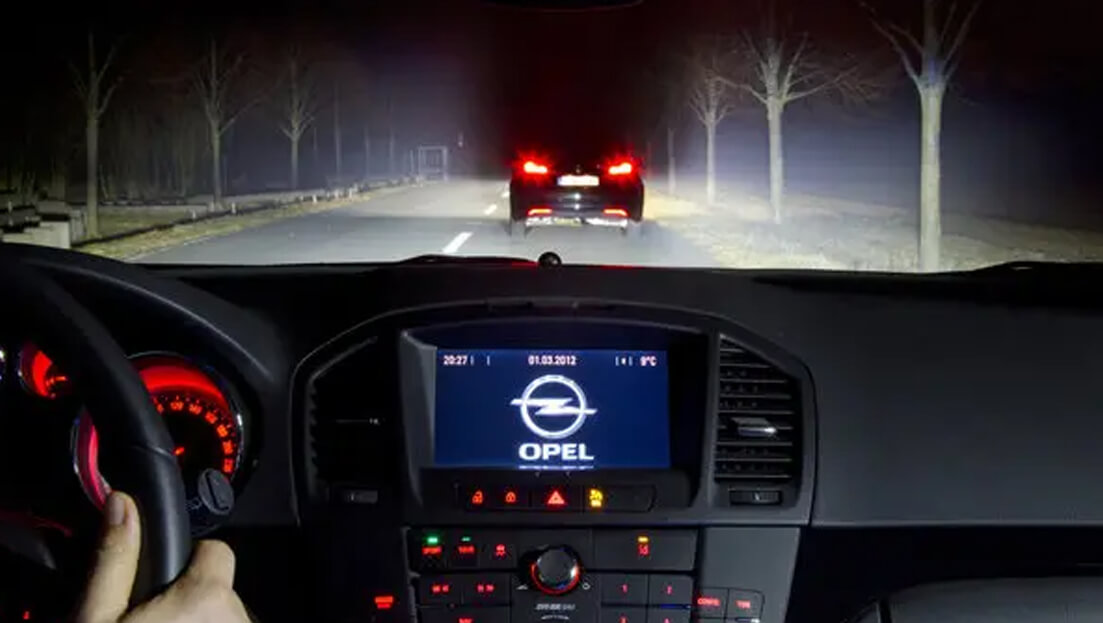
Incandescent bulbs are becoming less and less common, but they’re still a very popular choice among consumers. They have longer lifespans than compact fluorescents (CFL) and light-emitting diodes (LED), however, they tend to cause more problems when it comes to flickering car lights.
This is because incandescent bulbs contain materials that give off voltage spikes while they cool down; CFL and LED don’t share these same characteristics.
If you’re experiencing flickering lights in your home or office, consider switching over from incandescent bulbs to CFL or LED, both of these types of light are more resistant to voltage spikes which may be causing your lights problems.
Read also: Reviews For The Best Car Interior LED Lights Of The Year
Replace Incandescent Bulbs

Most of us are now using compact fluorescent light bulbs or CFL. There’s no denying that CFL are better for our planet—they consume less electricity and produce far less heat than traditional incandescent bulbs.
However, they’re not without their flaws: when they’re left on for extended periods of time (more than an hour), they will eventually fail, incandescent bulbs have a lifespan of approximately 10,000 hours, while CFLs typically last between 1,500-2,000 hours.
Dimming The Car Alternator
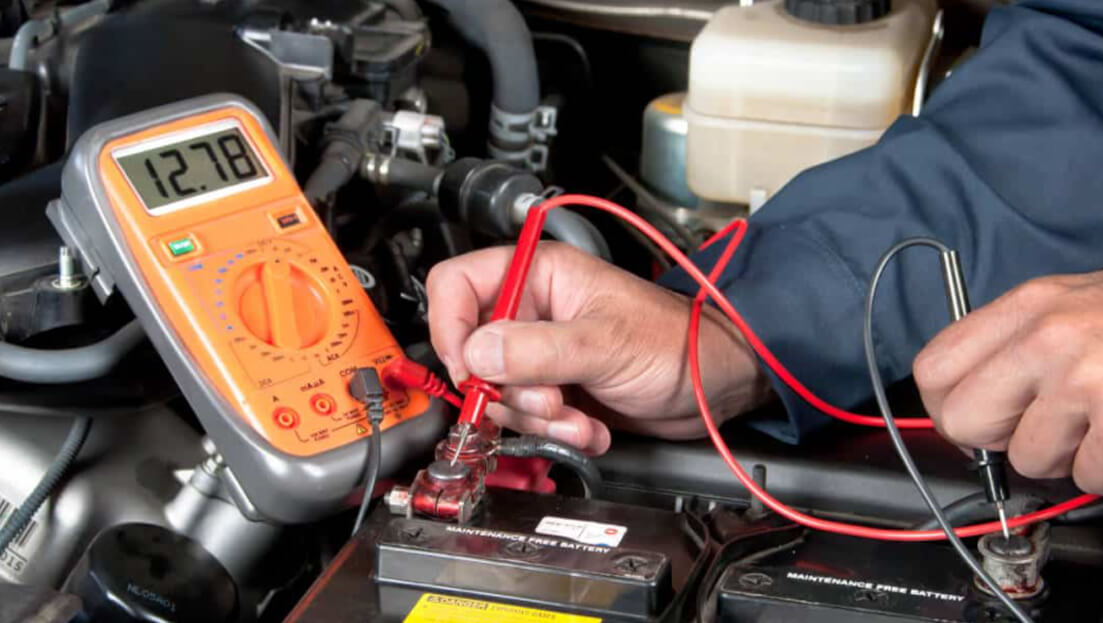
If you have a vehicle that experiences flickering car lights when your car is idling or your engine is off, a bad alternator may be to blame.
To fix dimming lights caused by a bad car alternator, check with an auto repair shop near you. A simple alternator replacement could get your car running smoothly again in no time.
Protecting Wires From The Heat
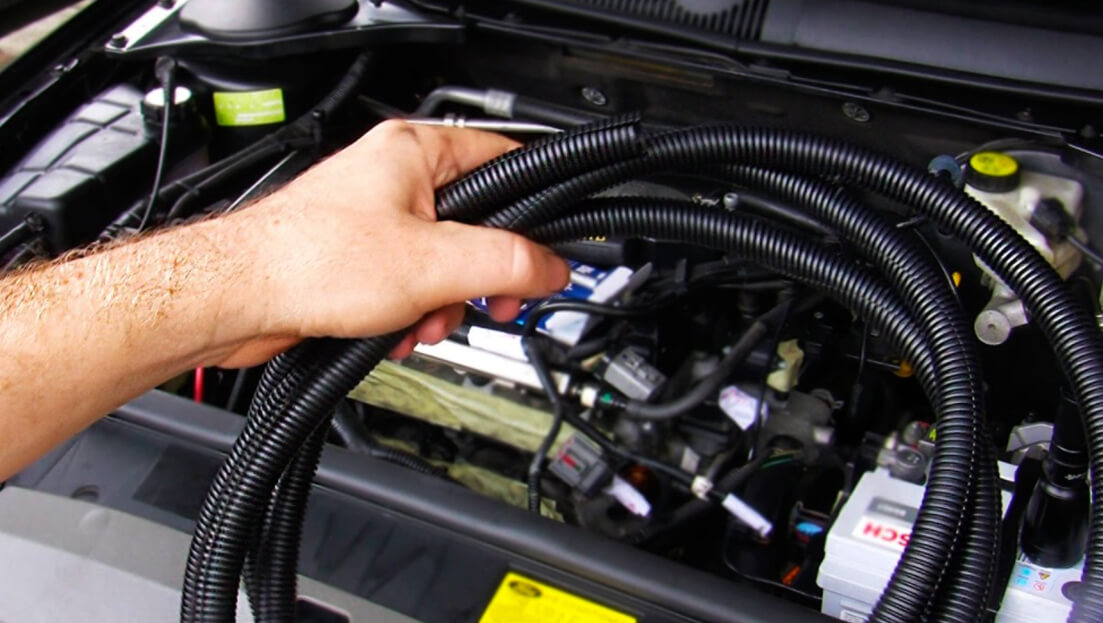
If you’re seeing issues with flickering car lights in your car, check your air vents. Over time, wires run through them and can get damaged from heat.
To protect your car’s electrical system from that damage, consider installing heat shields on all wiring.
Clean Air Filter
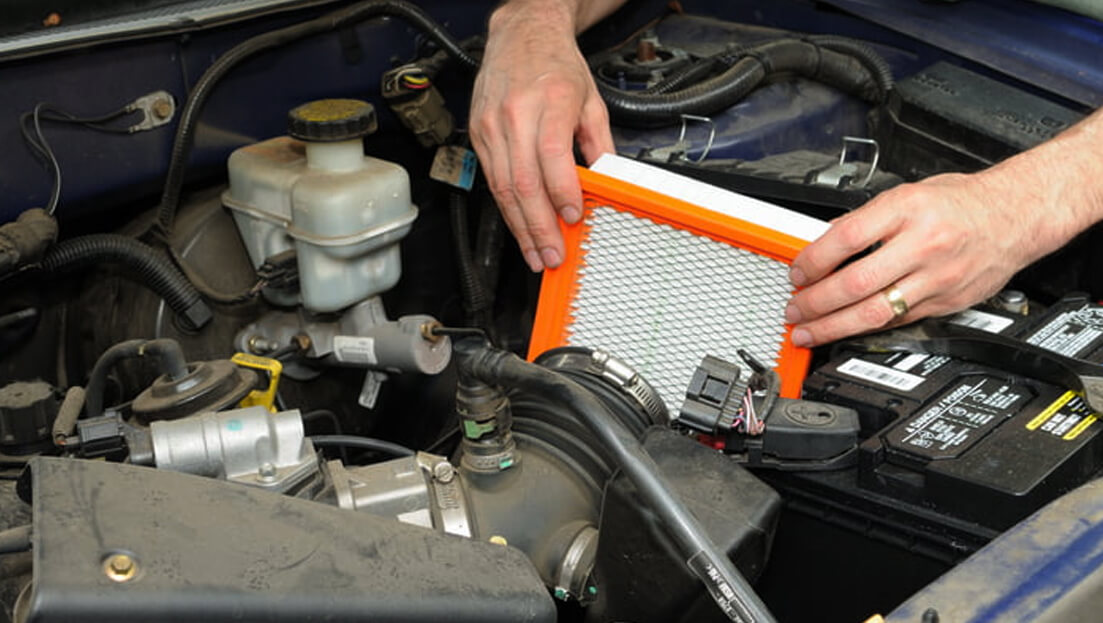
Inside your car engine, there are a number of moving parts that move very quickly, because of that, they need some oil added in to lubricate them.
Inside your engine are filters that catch some of these pieces before they can get into moving parts. When these filters get dirty or clogged, it can cause them to malfunction, which causes other problems down line.
Some common flickering lights car problems include Engine Stalling, Car Stereo Problems, Blown Fuses, and Headlights Flicker.
Can Bad Spark Plugs Cause Lights to Flicker
How to fix spark plugs and keep lights flickering. If your car’s headlights or other lights tend to flicker, you may be blaming it on bad wiring or an electrical issue, but that’s not always the case.
In fact, if you check your spark plugs, you may find out that they need to be replaced so that your lights will stop flickering and keep shining brightly. Here’s how to fix spark plugs and keep your lights from flickering.
What causes car lights to flicker?
One of the most common reasons why a car’s lights will flicker is because one or more of your vehicle’s spark plugs has failed.
A faulty spark plug may cause small electrical shorts that can disrupt the power flow between your battery and other engine components.
This, in turn, causes your headlights, taillights, and other lights to dim or flicker. Usually, changing out a bad spark plug will solve any flickering issues you may be experiencing with your lights. If not…well…you may have a more serious problem on your hands (or under the hood).
Still not sure? Contact our team at Arrowhead Auto & Tire today for help diagnosing flickering car lights. We’ll get you on track in no time!
What are the symptoms of faulty spark plugs?
The first signs of bad spark plugs are typically lights that flicker or seem dimmer. It’s important not to ignore these symptoms—the problem will only get worse, potentially affecting other parts of your car.
Often, a single spark plug doesn’t fail on its own; it is simply a sign that there is an issue with other engine components as well, such as wires or ignition coils.
A misfiring spark plug may also cause check engine lights to come on because it indicates a problem with your vehicle’s emissions system.
These warning signs should prompt you to have your car checked out immediately by a professional. Your trusted mechanic can diagnose exactly what’s wrong and help you fix it before serious damage occurs to your vehicle.
What do faulty engine coils have in common with faulty spark plugs?
It’s no coincidence that engine coils, as well as spark plugs, sometimes cause flickers in car lights. Both are integral parts of a vehicle’s ignition system—the coils produce voltage for starting engines, spark plugs fire when it’s time for ignition.
Though it may seem easy enough to stop by your local auto supply store and buy replacement parts, it is important to take some time to learn what causes these parts to malfunction so you can fix them right.
The following information will help you make an informed decision regarding faulty engine coils and their repair.
What else can cause a car’s headlights to flicker, dim, or appear weak at night?
Most car problems don’t happen in isolation. The systems on your vehicle work together, so if one part isn’t working correctly, other parts may be affected.
This is especially true for electrical components, as many car wiring problems cause lights to flicker or appear dimmer than normal.
Luckily, you can use some simple troubleshooting techniques that apply whether your headlights are flickering or your taillights are dimming. Here are a few things you can check right away
What happens if I ignore a car flickering headlights problem?
The light is going to be a pretty prominent warning sign that something’s not right with your car. Ignoring it, however, could cost you later.
For example, flickering lights can often be caused by loose connections in your car’s wiring system. If left unaddressed, these problems can lead to more serious issues such as engine misfires and/or faulty ignition systems that are more expensive—not to mention time-consuming—to fix.
So while a flickering light might seem insignificant at first glance, don’t ignore it: Make sure you take care of any possible underlying issues right away.
How do I get rid of my car’s flickering headlights?
You may be able to fix flickering headlights on your own. The number one cause of flickering car lights is bad spark plugs or worn spark plug wires.
The best way to fix car headlight flickers is by first diagnosing why it happens. If you’re good with cars, try replacing your spark plugs yourself before paying a mechanic.
The most common symptoms of bad headlights are dimming or fading headlights that just won’t turn off, jerky movement up and down (as if they were being forced), uncontrollable vibration while idling, a clicking sound when turning on a bright light (such as high beams), or an intermittent clicking sound overall.
Frequently Asked Questions (FAQs)
What would cause my car lights to flicker?
You may find that your headlights, taillights, or brake lights will flicker once in a while. If it’s happening frequently, then you need to contact a mechanic as soon as possible.
What causes lights to flicker all of a sudden?
The most common reason why lights suddenly flicker is that a fuse in your car’s electrical system has blown.
Your car will have several fuses, each protecting a different electrical circuit or set of wires.
You may notice that only some circuits are affected, which is usually because one or more circuits have blown their fuses but others aren’t quite ready to blow yet.
This means you need to replace all of your faulty fuses at once rather than just one or two.
How do I stop my headlights from flickering?
As you’re driving home from work one day, you notice your headlights are flickering intermittently. While it’s easy to become alarmed by a rapidly blinking set of headlights coming toward you on a highway, that isn’t actually what causes flickering lights in cars.
It could indicate an electrical fault in some cases, but typically those are more like blinks than actual blinking. The problem is pretty common and there are several potential fixes for flickering car lights.
If you’ve noticed your own bulbs going dim on occasion, read on for answers to two key questions: What causes it? And how do I fix it?
Can bad spark plugs cause lights to flicker?
Yes, it is a problem that can be easily solved. Bad spark plugs can cause the voltage to fluctuate, which will cause lights to flicker. The quality of your spark plugs is essential in order for your car to have optimum performance.
If you have bad spark plugs, try replacing them with new ones from an auto parts store or your local dealership. This should fix your flickering light problem.
You may also want to get an inspection at a garage or mechanic’s shop in order to ensure nothing else is wrong with your car besides a simple bad spark plug replacement job.
Why do my lights flicker when I accelerate?
To start, let’s explore what causes flickering lights in your car. The source of these intermittent problems can be difficult to trace, but it almost always involves a loose connection or faulty wiring somewhere.
When you step on your accelerator, you are increasing power demands, which place additional stress on an already-fragile electrical system.
Under heavy acceleration conditions like when you step on your gas pedal while turning a corner (which is actually known as load dumping), you may even trip a fuse because of excessive demand.
It’s common for headlight bulbs or headlights to flicker when there is a fluctuation in power that could cause excessive wear on some vehicle parts. It’s also one of many indicators that something is wrong with your automobile’s electrical system.
What are the signs of a bad alternator?
The most common cause of flickering lights is a bad alternator. If your battery light comes on and then flickering lights begin, you should have it checked immediately.
If your battery dies when using electrical devices like a radio or fan, you could also have a bad alternator. If there are no obvious warning signs of flickering lights, you might want to take your car in for testing anyway.
A trained mechanic can quickly check out your system and determine whether or not it’s time for repairs. While there isn’t much else that can cause flickering lights, they aren’t always caused by a faulty alternator.
